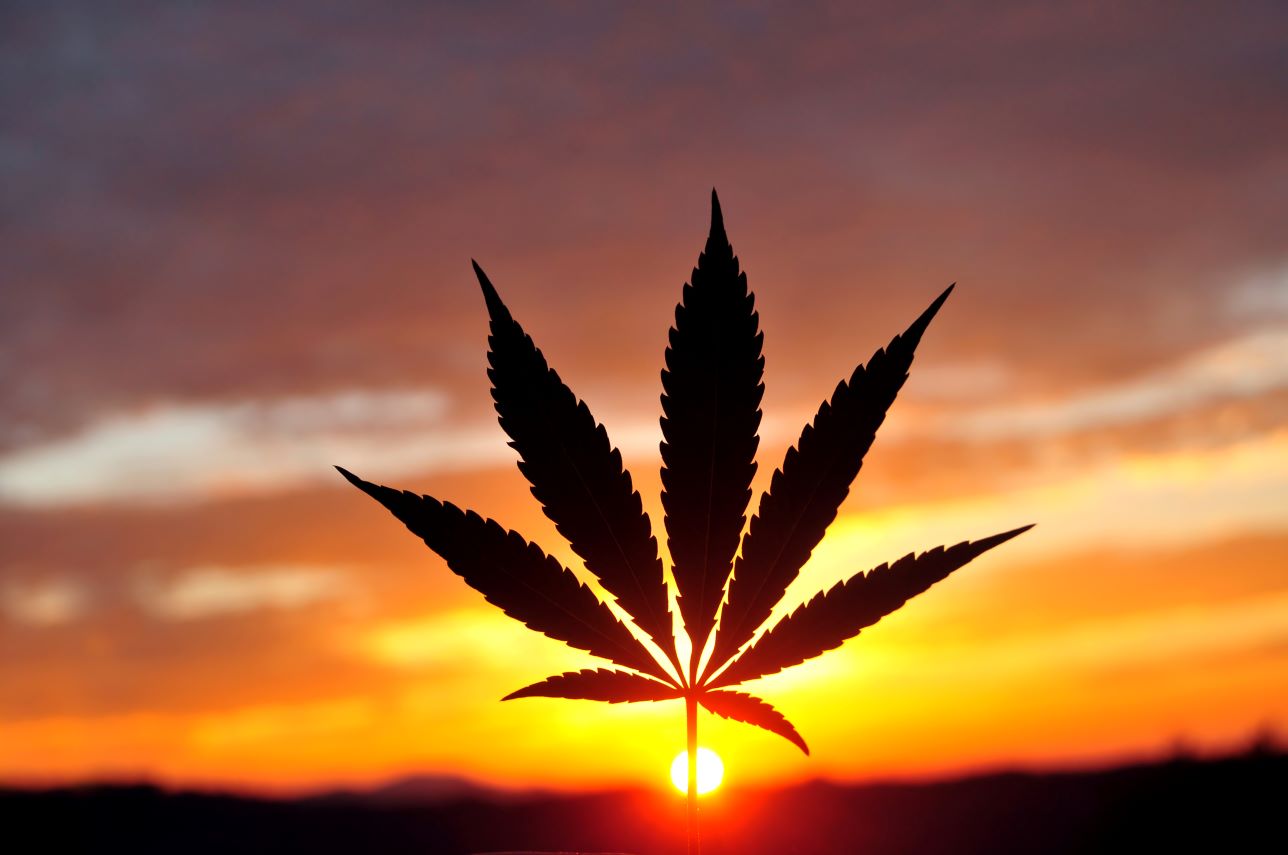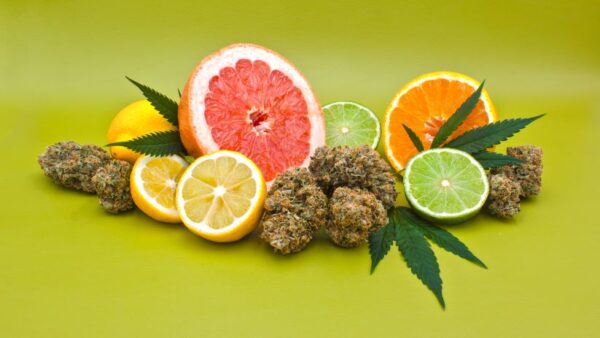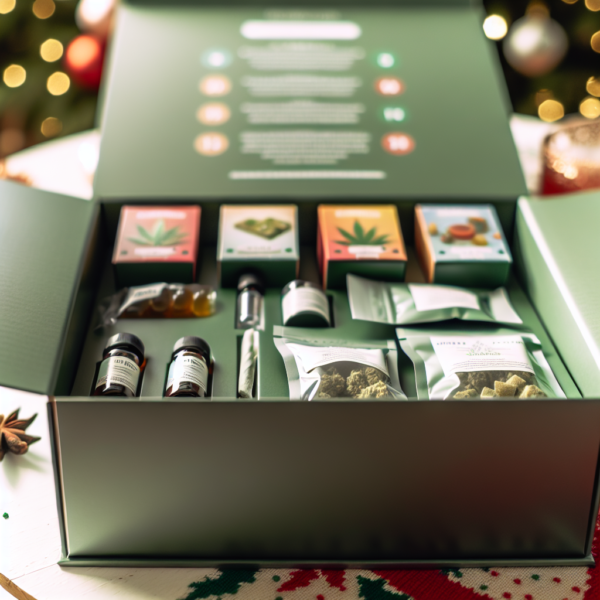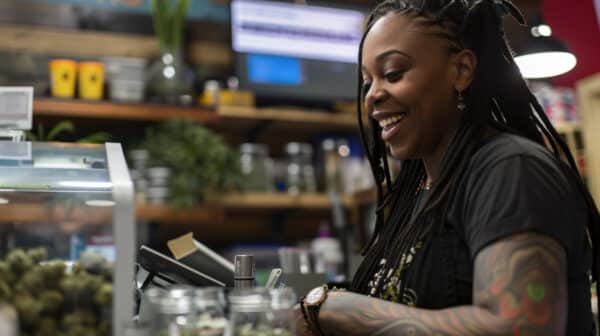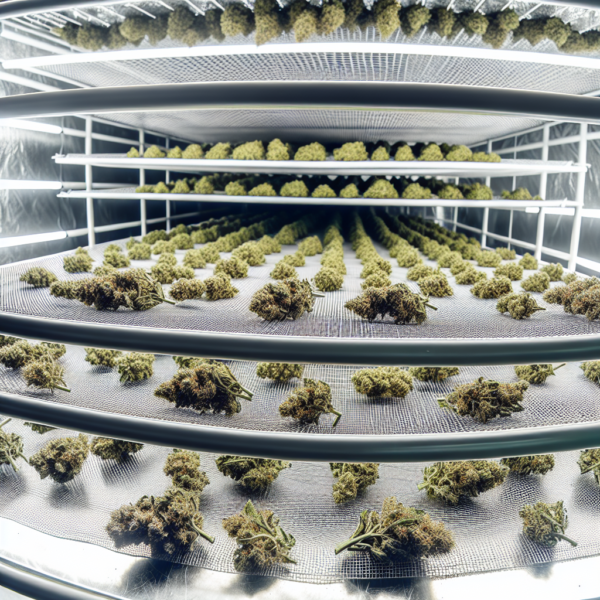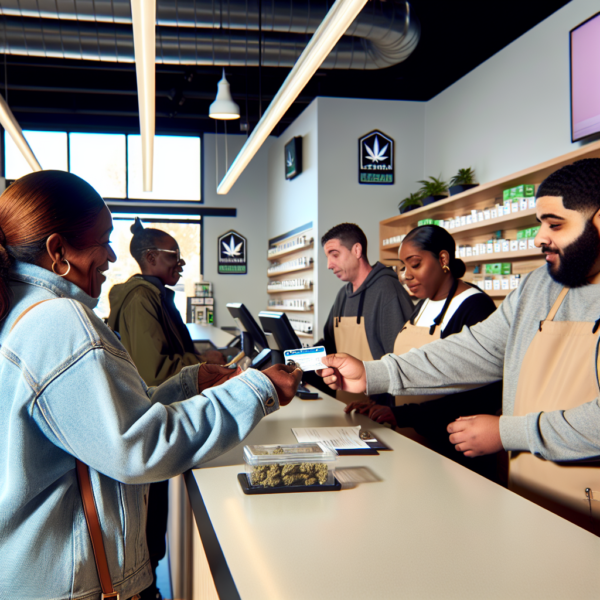Marijuana remains largely prohibited in Alabama, both for recreational and most medical uses. However, recent legislative steps have carved out limited exceptions, particularly for cannabidiol (CBD) and industrial hemp. Understanding Alabama marijuana laws is essential for anyone living in or traveling through the state, as penalties for non-compliance can be severe.
Medical Marijuana in Alabama
A Slow Start with Limited Access
In Alabama, traditional forms of medical marijuana are still not legal. Instead, access is restricted to very specific CBD-based medications.
-
Carly’s Law (2014): Authorized a UAB study on CBD oil to treat seizure disorders.
-
Leni’s Law (2016): Expanded use of low-THC CBD oil to patients with debilitating conditions that have not responded to other treatments.
What’s Allowed?
Under current law, patients may use CBD oil with no more than 3% CBD and no more than 0.3% THC. This is significantly lower than the potency of many medical cannabis products available in other states.
-
Must be prescribed by a licensed physician.
-
Only applicable to certain severe medical conditions.
-
Cannot include smokable or edible forms of cannabis.
Recreational Marijuana Remains Illegal
Severe Penalties Still Apply
As of 2023, recreational marijuana use is illegal in Alabama. Possession and use carry serious consequences, even for small amounts.
-
First offense possession (for personal use): Class A misdemeanor, up to 1 year in jail and/or a $6,000 fine.
-
Subsequent offenses or possession for other than personal use: Class C felony, 1 to 10 years in prison and fines up to $15,000.
Law enforcement agencies continue to enforce these laws, and individuals caught with cannabis face prosecution even if they are from out of state where it may be legal.
CBD Oil: What’s Legal and What’s Not
Legal with Strict Limitations
CBD oil derived from hemp is legal in Alabama only if it meets very specific conditions:
-
THC content must be below 0.3%.
-
Must be prescribed by a licensed physician for qualifying conditions.
-
Must be sourced from a licensed distributor or grower.
Retail sales of CBD products are common, but consumers should ensure products comply with Alabama law.
Hemp Farming and Processing
A State-Regulated Hemp Program
Since 2016, Alabama has allowed licensed industrial hemp farming under a tightly regulated state program. Farmers and processors must apply annually and meet state and federal compliance standards.
-
Hemp cannot exceed 0.3% THC.
-
Participants must register with the Alabama Department of Agriculture and Industries.
-
Hemp grown outside of this licensing program is still considered illegal marijuana under state law.
Legal Risks and Compliance
Proceed with Caution
Cannabis laws in Alabama remain some of the strictest in the country. While small steps have been taken to introduce medical CBD and industrial hemp programs, the state has not legalized marijuana in the way many others have.
-
Traveling with cannabis into or through Alabama, even if it is legal in your home state, can result in criminal charges.
-
Cannabis purchased legally elsewhere cannot be possessed in Alabama.
-
CBD users should retain documentation proving their product’s legality and medical necessity.
Alabama marijuana laws reflect a cautious approach, offering only limited access to CBD-based treatments and hemp farming. Full legalization remains off the table as of 2023. If you rely on medical marijuana or CBD, understanding Alabama’s restrictions is crucial to avoiding legal trouble.
For more information on legal cannabis use, check out our article on Florida Marijuana Laws to see how other southern states compare.

